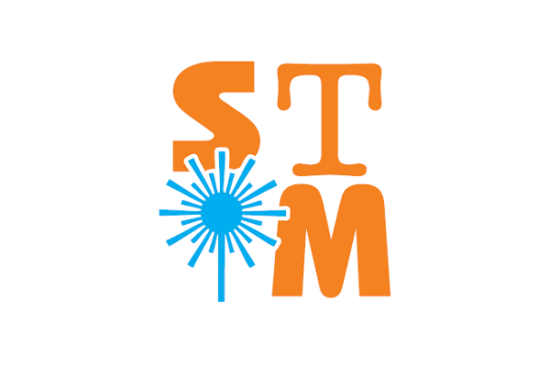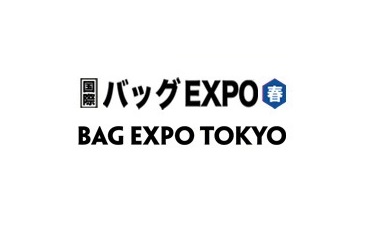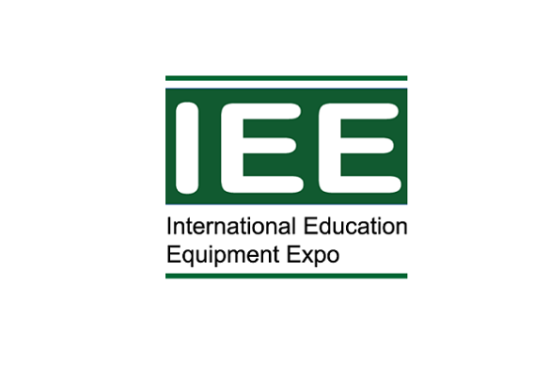
Justin Landau, co-CEO and co-founder of El Car Wash, said the wave of investment has brought a new level of professionalism to the field — which carries some negative connotations in popular culture.
“‘Breaking Bad’ has given rise to this misconception,” Landau said.
The crime series’ protagonist uses a car wash to launder money, but Landau points out that El Car Wash only accepts credit card payments, so there’s no wads of cash to hide in a briefcase. But El Car Wash is environmentally friendly in another way — the tunnel-style car wash recycles and reuses much of the water used.
El Car Wash completed a recapitalization with Warburg Pincus in 2022. Landau, who co-founded the chain with Geoffrey Karas, spoke to Commercial Observer about his business strategy.
This interview has been edited for brevity.
Commercial Observer: In April, you bought a site in Pembroke Pines for $6.5 million. Is that a typical price for land?
Justin Landau: Yes and no. It was a turnkey site – land plus building. If we had a larger property, we would probably spend more. The typical price range is $6 million to $10 million.
Why is private equity suddenly so interested in the car wash industry?
This has been a trend for five to seven years. The membership model allows operators to better serve our customer base. The value of our business goes up, just like the value of a gym goes up when a gym owner moves from one-time fees to selling memberships. Your customer base is more stable. Your cash flow is more stable. These factors have led to increased private equity investment.
There is also a new generation of investors and operators coming in who are thinking about the industry differently. We are really trying to serve our customers, and car washes are just a service we happen to provide.
What is the biggest challenge you face?
There are so many. Our biggest challenge is recruiting. Because we are at the forefront of the industry—at least we think we are—we are setting the standard. We can’t recruit from the outside. We have to create our own training programs from scratch. While it says, “You go through the card reader, the door opens, and your car comes out of the tunnel clean,” there are probably 500 little processes involved. There are mechanical issues with the car wash itself. Then there are the little interactions with the employees. When they wave you in, do they greet you with a smile? Do their uniforms look appropriate?
The second condition is that the land is of suitable size, located in the area where we want to do business, can be used as a car wash, and is reasonably priced. We usually look for land similar to Chick-fil-A, Wawa and Racetrac.
In your new store, there are no stores selling air fresheners and Coke. Why give up that source of revenue?
We gave up convenience but made up for it by focusing on the customer experience. Customer satisfaction and retention are more important to us than trying to push small items.
During the car wash construction boom, some people complained that the locations were noisy, congested, and didn’t create many jobs. How do you respond?
We are not attracting additional traffic because most of it is drive-by traffic. Your customer base is usually people who live within three to five miles of your store or are on their way to work, shopping, and picking up their kids. In Lantana, there is a residential area nearby and we spent an additional $250,000 on a blower system muffler. Our goal is to change the way people think about car washes.
If you wash your car in your driveway, you use over 100 gallons of water. The products you use may have some solvents in them, and the runoff goes into the storm sewer. At our facility, we use 15 to 25 gallons of fresh water. We use recycled water for most of the process. Only at the very end, when you really need your car to be spotless, do we use fresh water. We fully treat the wastewater before we discharge it into the sewer system.











Leave a Reply Cancel reply
You must be logged in to post a comment.